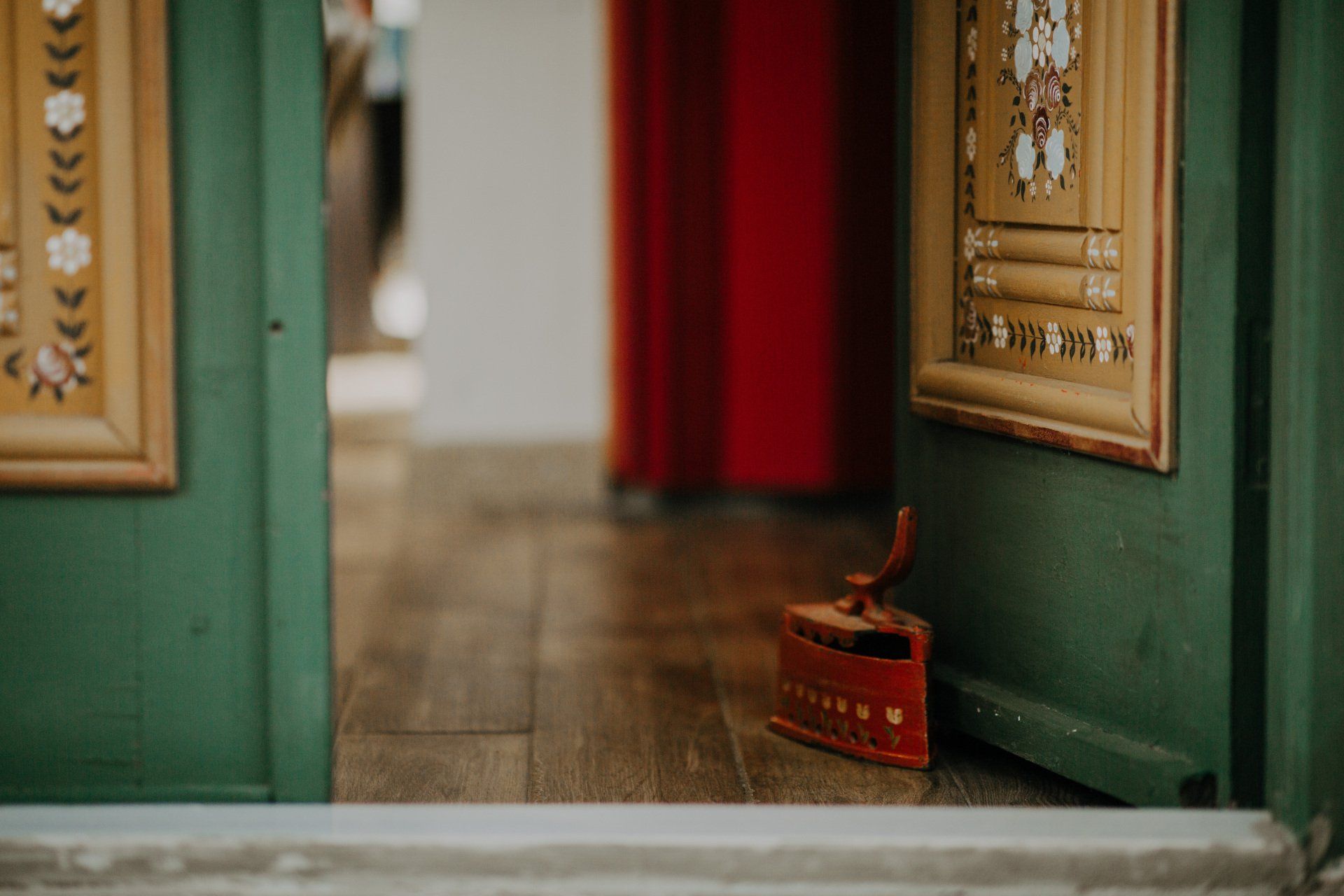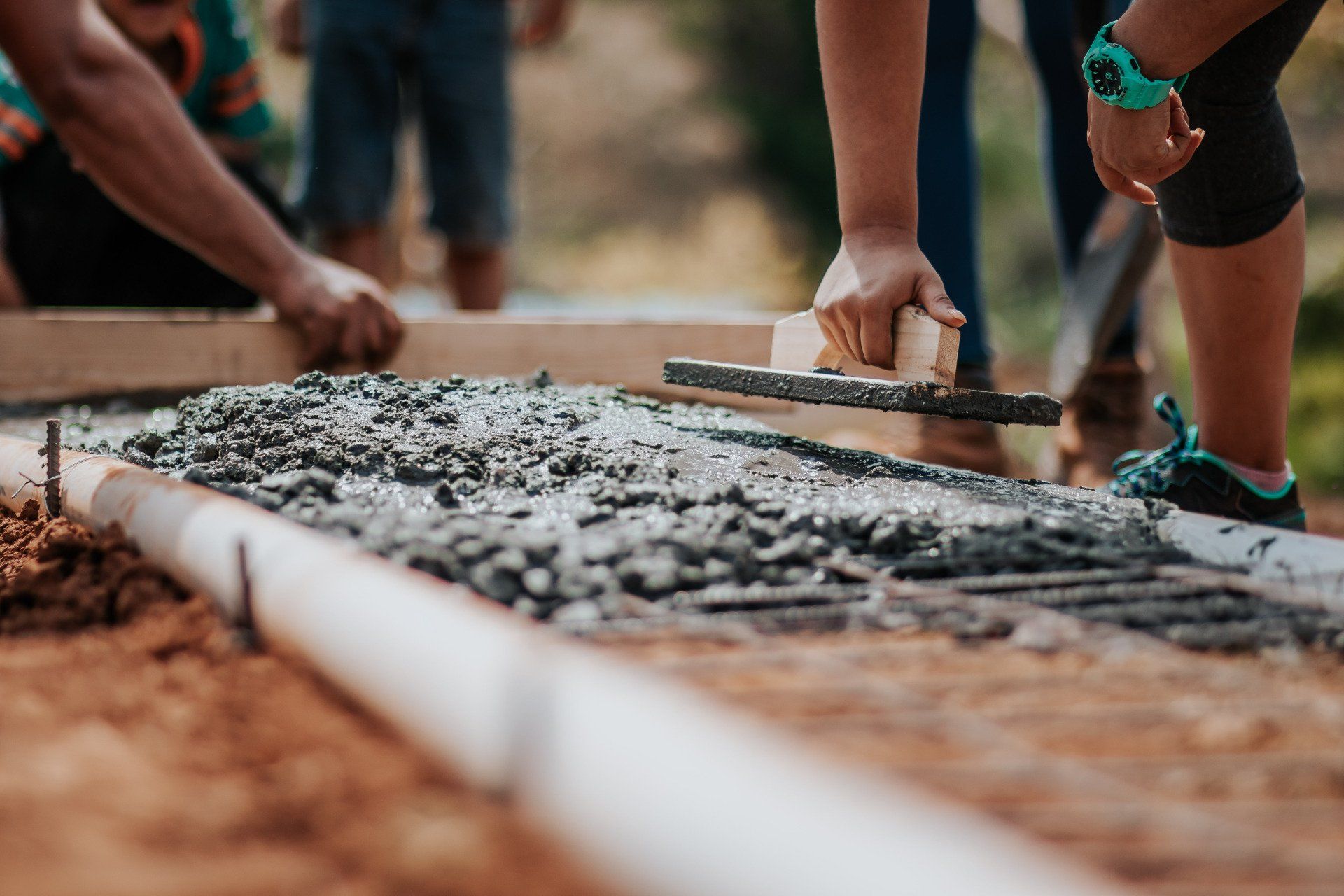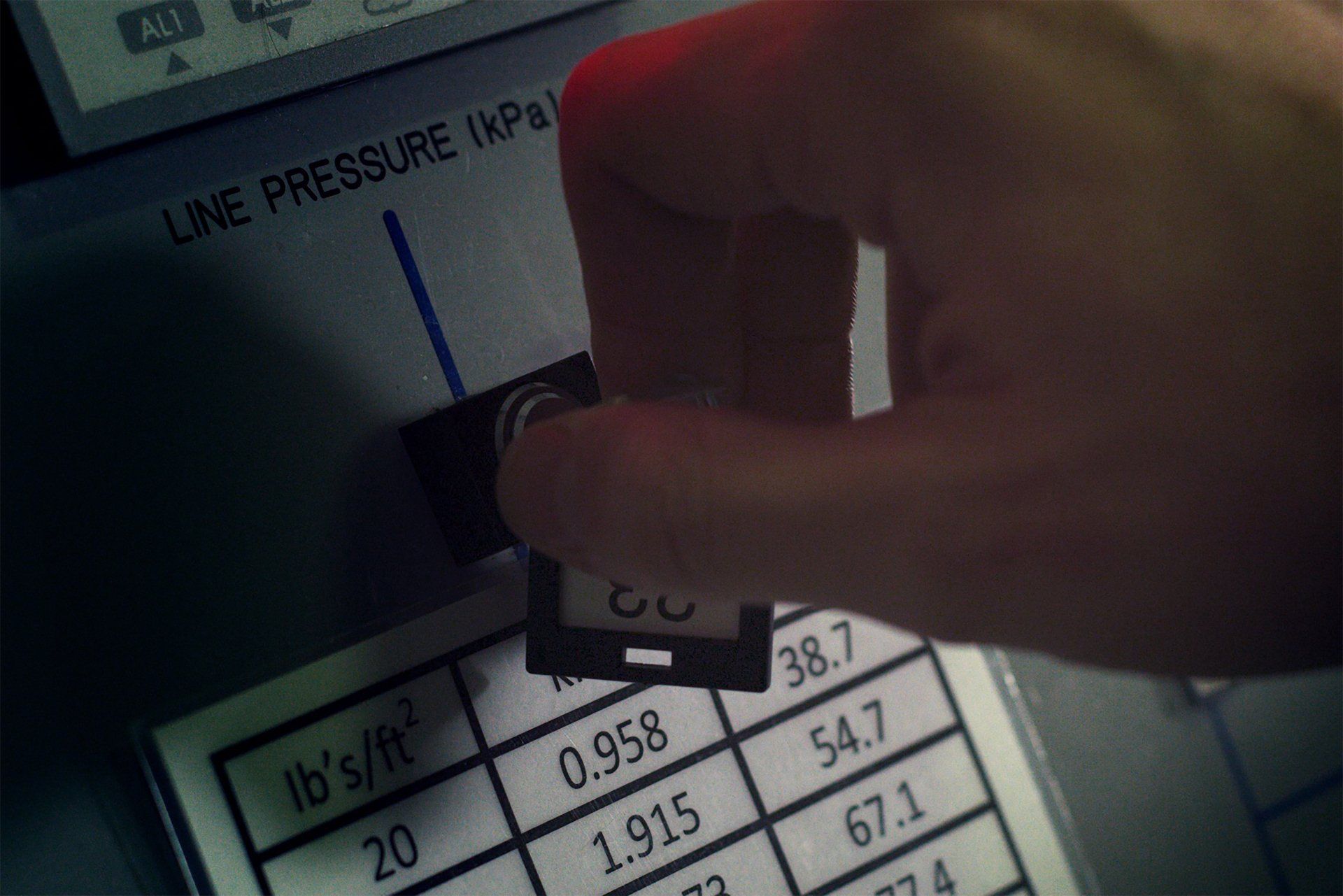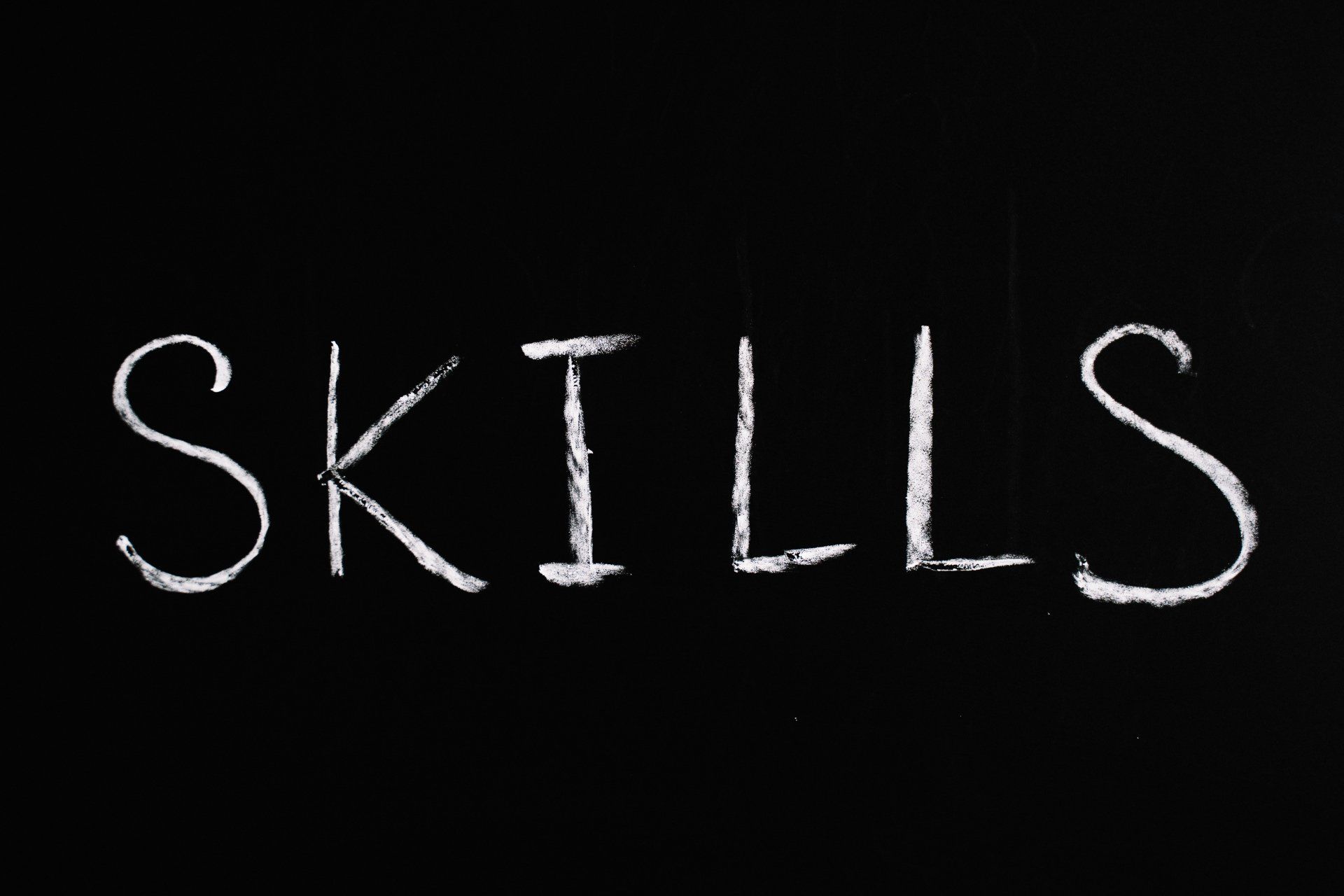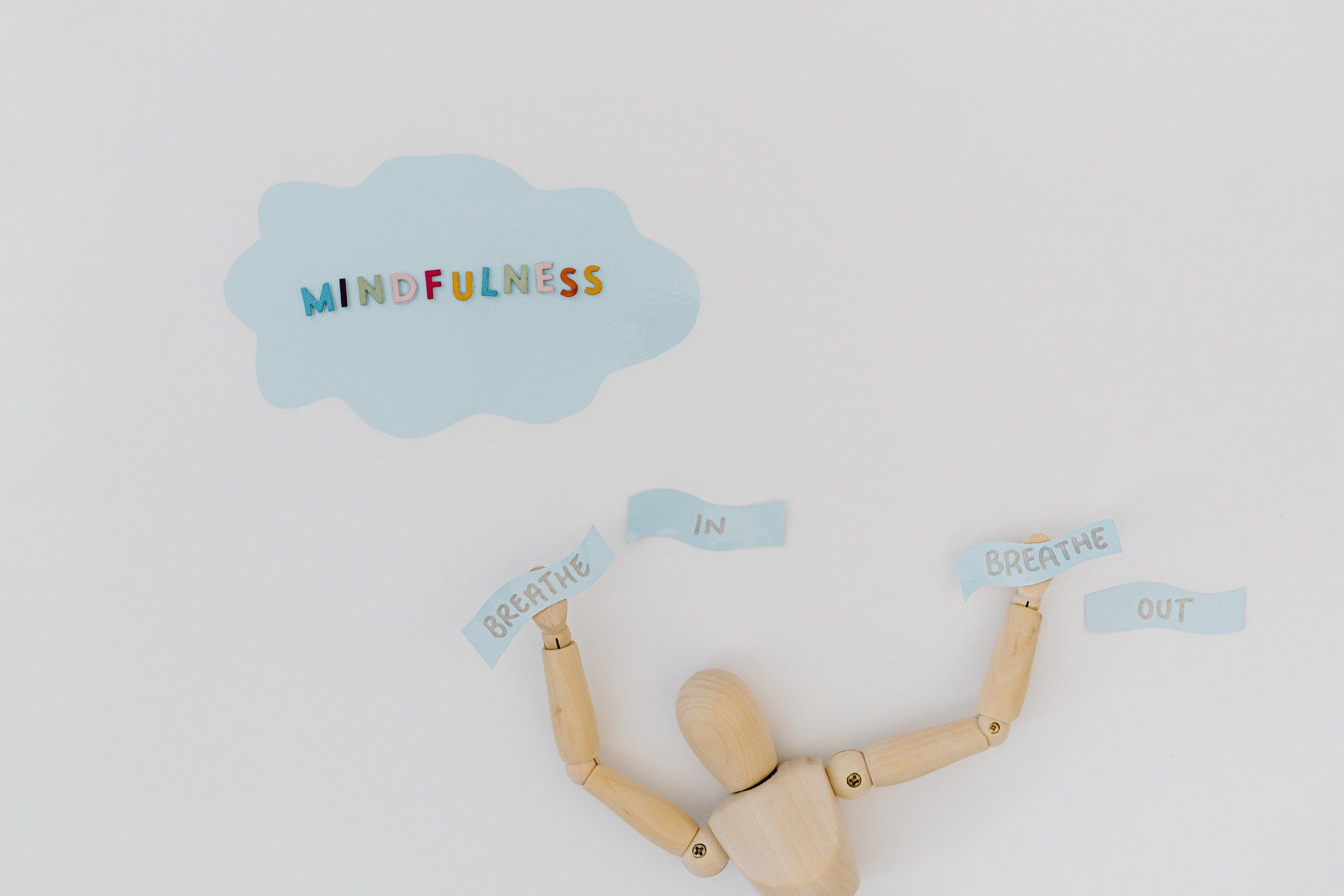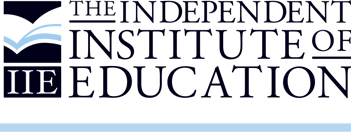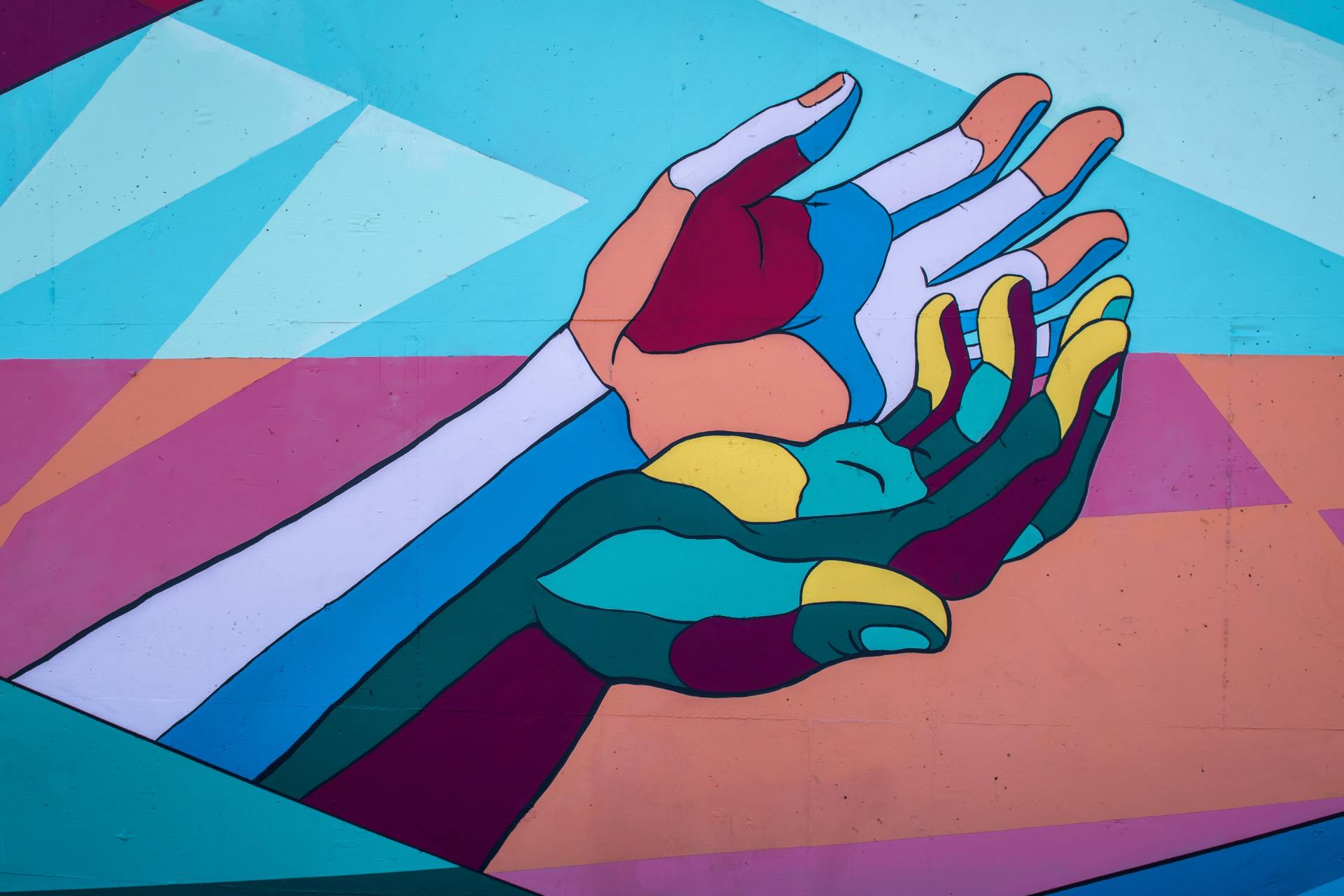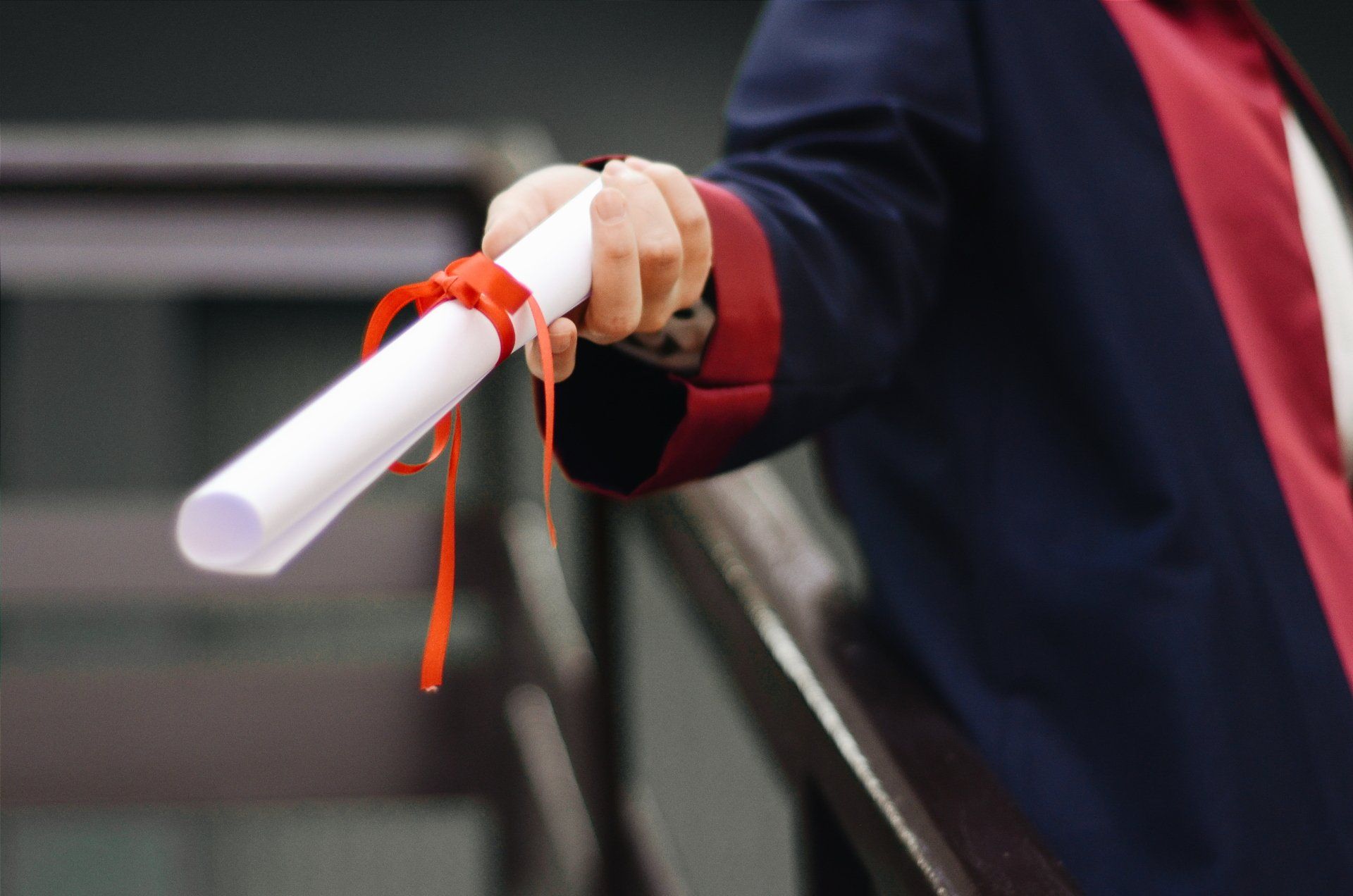THE LOGISTICS TO MASTER ON YOUR WAY TO STUDY & CAREER SUCCESS
Tens of thousands of young Matriculants will step onto university campuses over the coming weeks, ready to take on the next phase of their lives. This milestone marks their entry into adulthood and will be exhilarating, exciting and often rather scary, because they are now wholly autonomous and responsible for the trajectory of their lives.
While the years that lie ahead will bring with it highs and lows, mostly routine but upheaval and setbacks at times, the road ahead can be made much more manageable, enjoyable and ultimately successful if young people know which logistics and changes in mindset they can master, an education expert says.
“For the most part, you can’t manage what life throws your way. What you can influence however, is the skills and resilience you build, which ultimately will enable you to steadfastly work towards success, while also being better equipped to handle the curveballs life throws your way,” says Peter Kriel, General Manager at The Independent Institute of Education, SA’s largest and most accredited private higher education provider.
Kriel says one of the biggest culture shocks new students will experience, is the realisation that they are free to make their own choices every day, without being told what to do and where to be by the adults around them.
“While at school, students were used to teachers’ guidance, influence and disciplining to get things done. At higher education level, it’s on you to know where you need to be and what you need to do, and doing it requires discipline and taking responsibility for your destiny,” he says.
Kriel says as students enter their orientation weeks, it will be useful for them to consider their paths ahead and get the logistics in place, so that they can master their new environments and the mindset required to succeed.
He advises the following:
ENVIRONMENTAL LOGISTICS
Take full advantage of the orientation programmes set up by your institution of higher learning. Attend the sessions where they familiarise you with the campus and/or online study logistics (many public universities are still online only). Visit the stalls where you are introduced to sport and culture clubs and find something that interests you. Studying is about more than academics, and if you immerse yourself in all that your institution offers, and get involved with healthy organised activities along with your peers, your experience will be greatly enhanced.
In terms of academics, make sure that you have your planning clearly outlined. What is your class schedule, when will you be working, will you be studying in the library? How far is the library from the class you will be attending right before your free time, and how far from the class you will be going to after the break? What time do you need to catch the bus or taxi to be at your 8am class? Understanding how your diary relates to your physical environment, will allow you to clearly outline your plan for each day’s attending of classes, studying times, and where this studying will be done.
Deadlines! As soon as you receive any kind of indication of a deadline – for exams, assignments, presentations and the like – make sure you diarise this clearly and plan accordingly. It is your responsibility to know what you need to be ready for by when, and you can no longer rely on a teacher to constantly remind you.
SUPPORT LOGISTICS
The leap between school and higher education is significant – academically and emotionally. It’s a new environment, the workload is heavier and harder, the environment new and the people strangers. Even the strongest and most resilient person might need some help at times, and a good institution will have a variety of accessible support structures in place to assist and support their students. Find out as soon as possible what support structures your institution has available, and how to access them. If at all you start to feel you need assistance, whether it be counselling, additional academic support, uncertainty about your study choice or career guidance, speak to someone whose job it is to help you as soon as possible. Don’t wait.
MINDSET LOGISTICS
Perhaps the most important learning to master – apart from the actual academic demands of your qualification – is the understanding that your study years don’t stand apart from your subsequent career, but are in fact part of your entry into your career.
Upon qualifying, you will need to lean on your achievements during your years as a student, to showcase your fit for a position and set yourself apart from other candidates.
Treating your studies as part of your career journey means that you don’t go to class every day as an empty receptable waiting to be filled by the wisdom of the person standing in the front of the lecture room. Instead, you can get involved, question, start networking in your field, work on your portfolio, and in everything endeavour to become better at what you do, rather than just going through the motions so that you can get that degree.
This could be hard to do at an institution purely focused on curriculum delivery, which is why it is important to look for an institution focused on work-integrated learning and curricula which match industry demands, and provide real-life industry problems to work on as part of the curriculum. Nevertheless, if your institution is not so inclined, you can still endeavour to start networking and get a feel for the real life demands and opportunities in your field.
BALANCING WORK-PLAY LOGISTICS
A great social life is a large and important part of the higher education experience, but it’s good to always stay in control of what’s going on – whether it be in the moment, or over the long-term. Don’t let things spiral out of control, and as soon as you start feeling something is not right, turn that ship around. Listening to and trusting your gut is a crucial element on the path to personal and professional mastery. Have fun, but also understand that discipline is freedom.
“As you start out on this new and exciting path, start developing your professional reputation right from the start, and build a professional social media presence – the first investigation any workplace will launch into prospective candidates,” advises Kriel.
“And know that if you mess up, the best approach is to own up to it and do better next time. Know that there are myriad resources around you designed to help you succeed, and go have the time of your life!”

